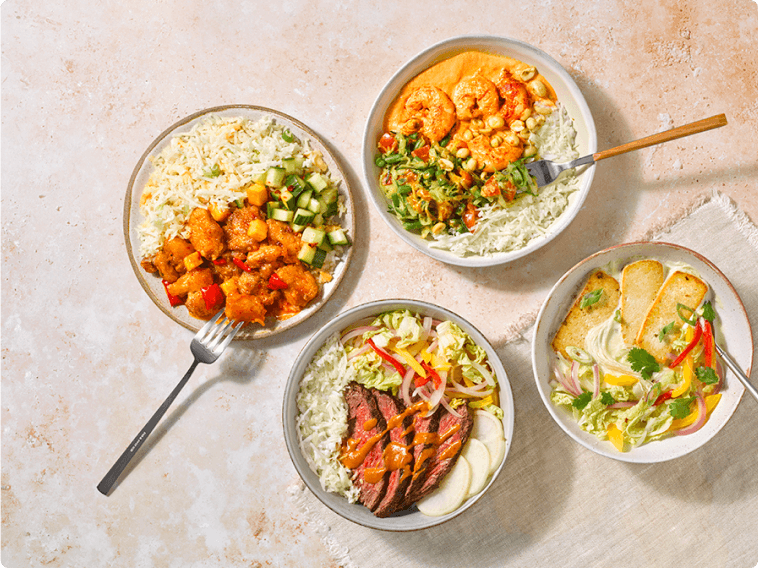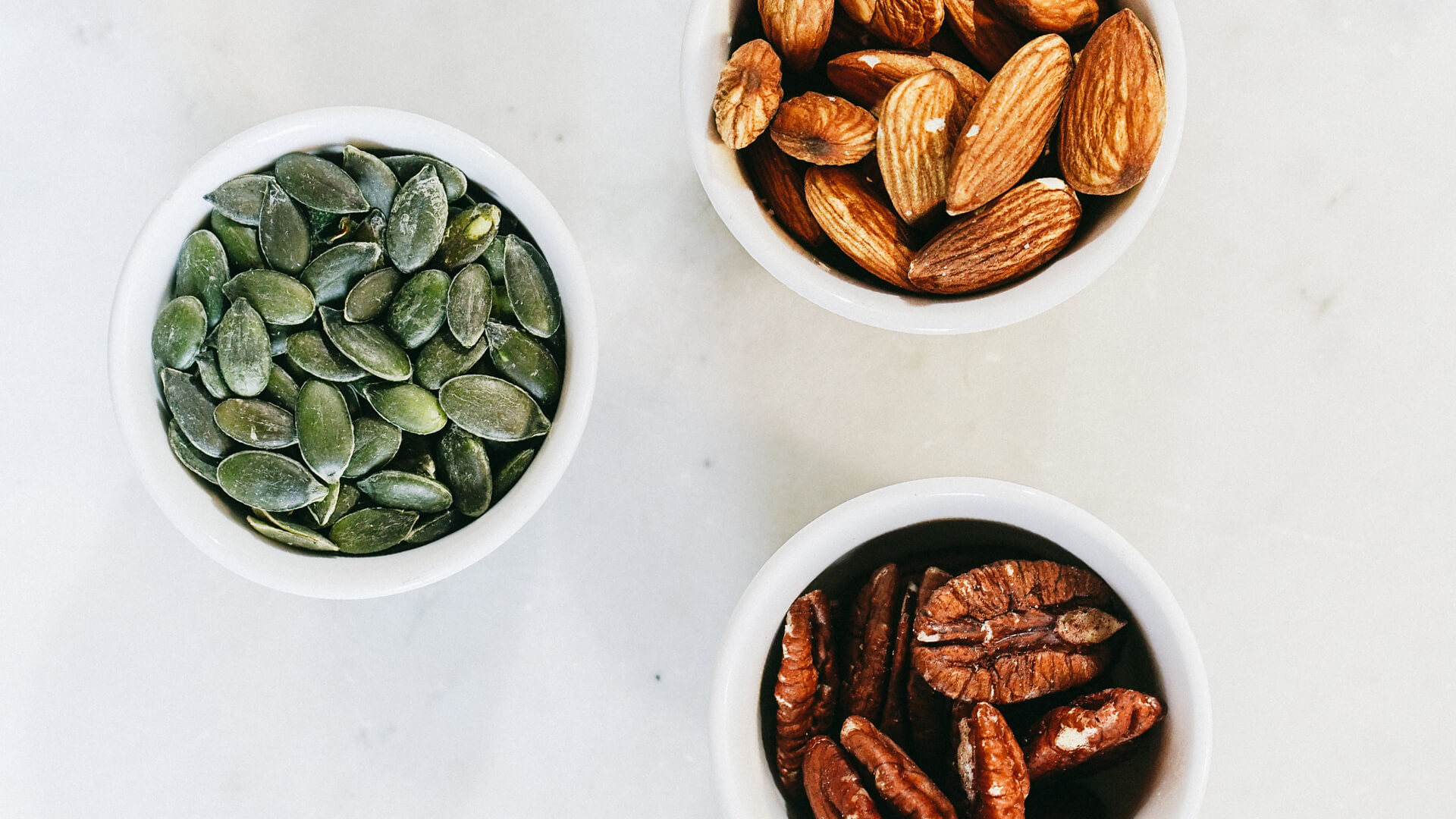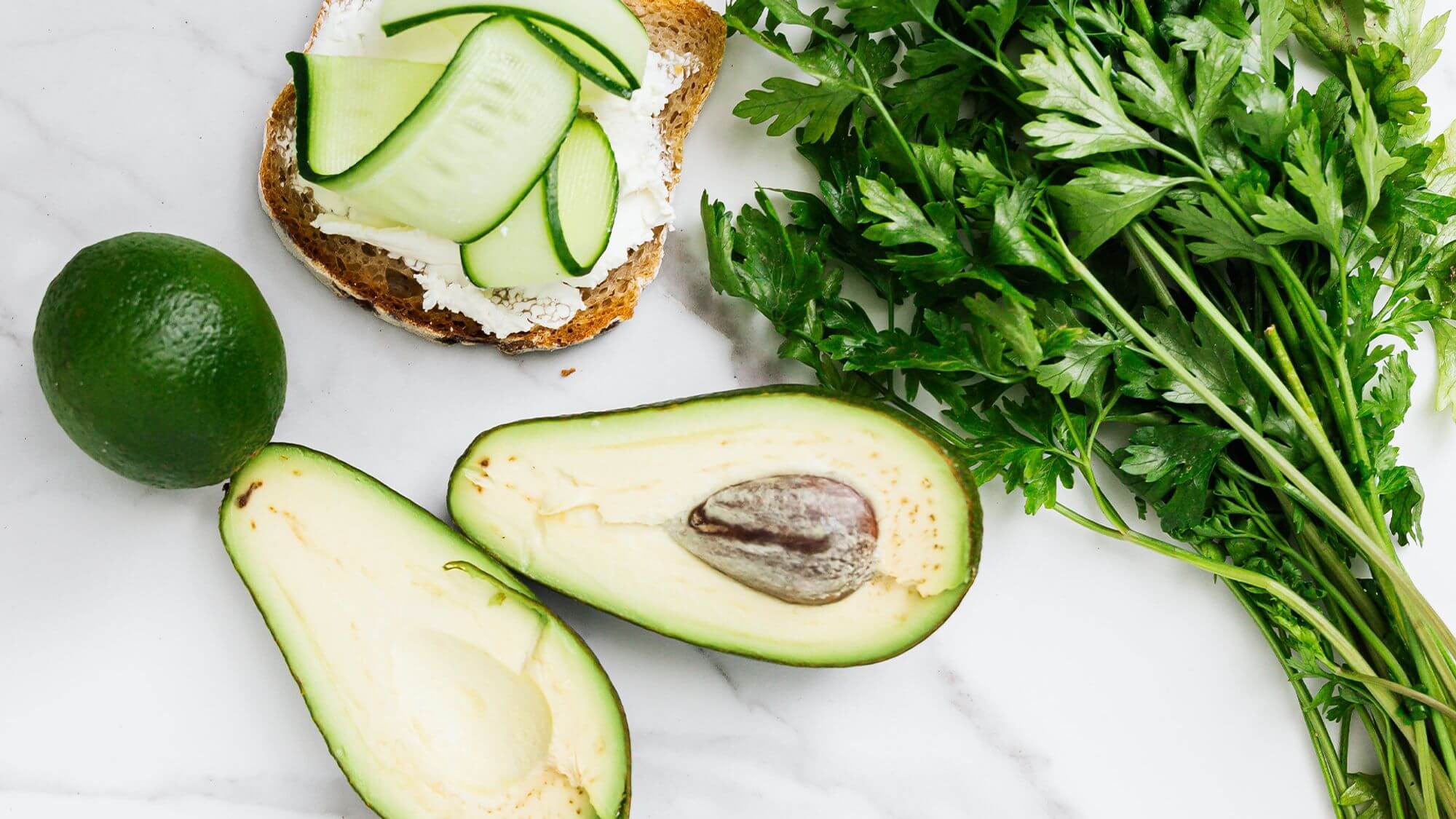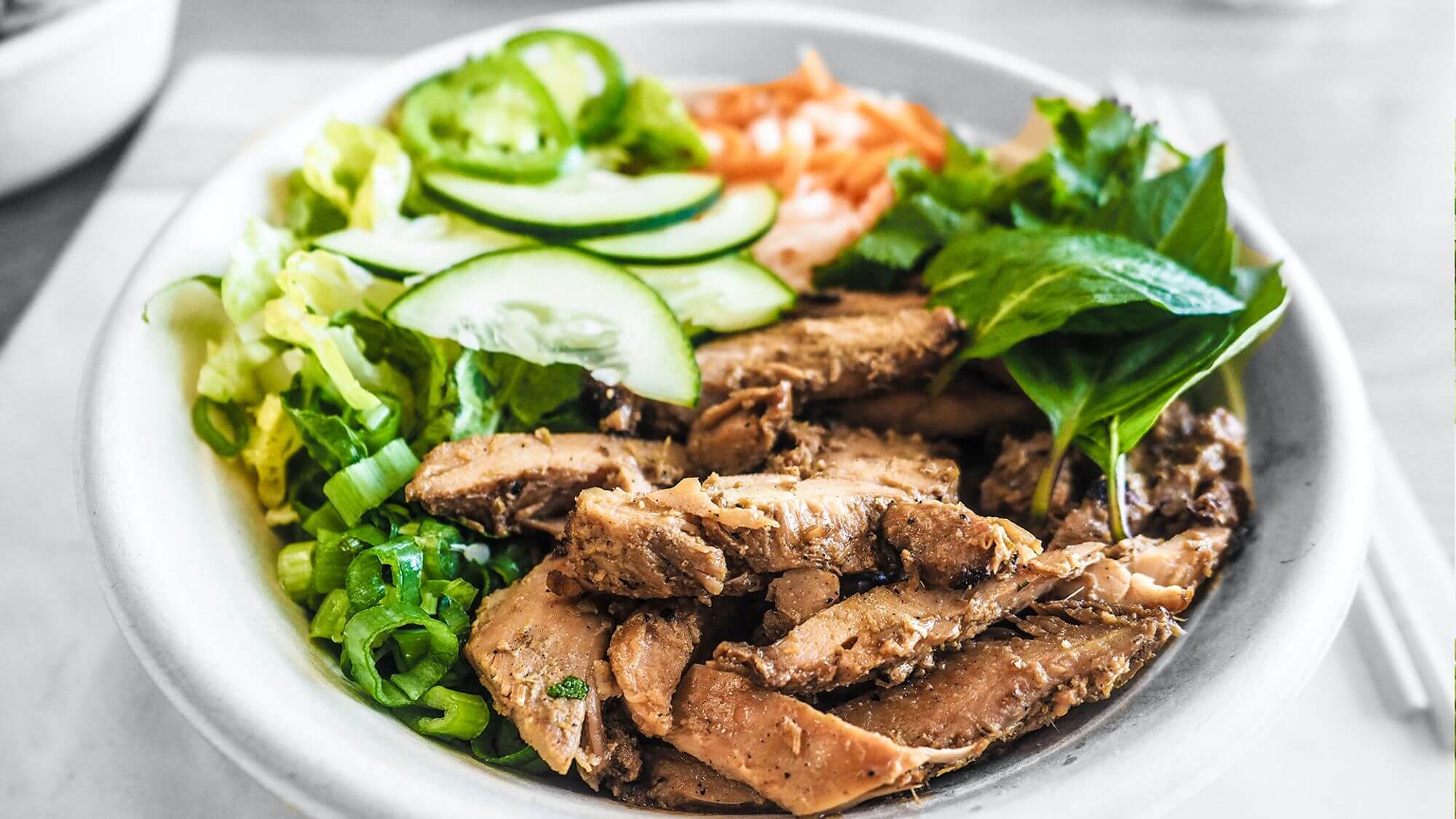The UK throws away around 9.5 million tonnes of food annually, a figure that's hard to digest, especially when so much of it could've been eaten. And it's not just an environmental issue but a money one, too, with every squishy cucumber, forgotten yoghurt or mouldy loaf adding to your weekly shop and your carbon footprint.
Cutting back on food waste at home is easier than you might think, with little changes leading to big results. Not just for your bank balance but for the planet, too.
We'll show you simple ways to keep your fridge in check, use up what you already have and waste less when eating out. If you're fed up tossing food (and money) in the bin, this is your nudge to do things differently and eat more mindfully, without the faff.
Why is it important to reduce food waste?
Food waste hits your wallet and the planet hard. When food ends up in the bin, all the energy, water and resources that went into growing, transporting and storing it are also wasted. When it ends up in the landfill, it rots and releases methane, a greenhouse gas that has more than 80 times the warming power of carbon dioxide over the first 20 years after it reaches the atmosphere.
In the UK alone, we waste enough food that could roughly feed 30 million people a year, and nearly 70% of that comes from our homes. That's the equivalent to 140 meals!
Most of that waste is entirely avoidable, and cutting down on what we throw away helps reduce carbon emissions, lowers the demand on food production and puts money back in your pocket during the cost of living crisis where every penny counts. According to WRAP, the average UK household could save around £700 a year just by wasting less food.
Reducing food waste also means making the most of what you've already got, stretching your ingredients further and turning yesterday's dinner into something delicious. It's better for your budget, the environment and your peace of mind.

Frive's meal prep service allows you to plan out your meals for the week, enjoying delicious meals like the Thai Basil Beef pictured above. Not only does it save you time, but it means you're buying the right amount of food. Find out more
11 easy ways to reduce food waste at home
Food waste has a sneaky way of building up. A bag of wilted salad here, half a loaf of bread there, and before you know it, the bin is full of good intentions that have gone off. But it doesn't have to be that way.
With a few easy tweaks to how you shop, cook and store your food, you can keep more of it on your plate and out of the bin.
1. Meal prep
Meal prepping gives your food a purpose before it even hits the fridge. By setting out what you'll cook and when, you only buy what you need, meaning you're far less likely to let food go off. Getting organised and prepping/batch cooking also makes weeknights easier and takes the stress out of decision-making.
At Frive, our curated meal plans are designed to take the guesswork out of healthy eating. As one customer put it:
“Healthy wholesome food; tasty, fresh and calorie counted. A good variety of choices each week. Living on my own, I now have no food waste and use less gas and electricity because no oven and hob use and no pots and pans to wash up. Also saves me a lot of time in my busy life.”
If you'd like to give meal prepping a go by yourself, read our beginner's guide to meal prepping, which covers everything from meal ideas, how long meal prep lasts, and all the equipment you'll need to prep like a pro.
2. Stick to a shopping list
Heading to the supermarket without a list is a fast track to overbuying and going over budget. Making a quick plan before you shop helps you stay focused and avoid impulse buys that don't get eaten. Try checking your cupboards before heading out so you're not doubling up on things you already have.
Tip: Read our guide on ‘How to Meal Prep' for more information.
3. Store food properly
The way you store your food can seriously affect how long it lasts. Soft herbs do better in water, onions and potatoes should be kept apart, and leftovers need airtight containers. Knowing what belongs in the fridge, what doesn't, and how to keep air and moisture out can make your groceries go the distance. Even small tweaks to your storage habits can stop a lot of food from going off too soon.
4. Understand ‘best before' vs. ‘use by' dates
A ‘best before' date concerns quality more than it necessarily does safety. The food might not be at its peak, but it's still fine to eat. ‘Use by' is stricter and should be followed for safety reasons, especially with meat and dairy. Learning the difference means you're not tossing food that's still perfectly good. Trust your senses, if something looks, smells and tastes fine, it often is.
5. Use leftovers creatively
Yesterday's roast can become today's salad or sandwich, and that leftover rice is halfway to a quick and easy stir-fry. Getting creative with what's already cooked is one of the easiest ways to reduce food waste while saving time and energy. Batch-cooking with leftovers in mind can help you stretch meals across a few days without feeling repetitive.
6. Portion mindfully
Serving too much food often leads to full plates being scraped straight into the bin. By measuring staples like pasta and rice and dishing up sensible portions, you'll waste less and avoid feeling uncomfortable and bloated after dinner. If you're still hungry, you can always go back for more.
Tip: Proper portioning not only reduces waste but can also help if you're not losing weight in a calorie deficit by improving calorie tracking.
7. Freeze what you can't eat in time
Freezers are brilliant for hitting pause on food before it goes off. Do you have a loaf going stale or a portion of curry you won't get around to? Freeze it. Label things with the date, and aim to rotate your frozen meals so nothing gets forgotten. You can also freeze leftovers in individual portions for easy lunches. It's a practical way to cut waste without eating the same thing three days in a row.
8. Get creative with scraps
Vegetable peelings, herb stalks, bread crusts and even chicken bones still have plenty of life in them. Carrot tops can be blitzed into pesto, stale bread becomes croutons, and bones or veg ends make delicious, flavourful stock. Using up every last bit of your ingredients gives you more value for your money, keeps waste out of the bin, and can be used to make delicious gut-friendly meals.
9. Start a compost bin
Some scraps, such as banana peels, eggshells and that rogue teabag at the bottom of your mug, just can't be saved. Composting is a simple way to give those leftovers a second life. Instead of heading to the landfill, your food waste becomes rich, nourishing compost perfect for gardens, balconies, or even a few indoor pots. You don't need loads of space, either. Small kitchen composters make it easy to get started, even in a flat.
10. Choose packaging carefully
Reusable containers, beeswax wraps and paper bags can help food last longer and reduce environmentally-damaging single-use plastic. Buying loose produce lets you choose exactly what you need, which often means less food left to go off and supports a more sustainable shopping routine.
11. Use technology to cut waste
There's an app for almost everything now, including food waste. Tools like OLIO and Too Good To Go let you rescue surplus food in your local area, while apps like NoWaste help you track what you've got at home so you know what needs to be used up. Even setting reminders on your phone to use up food before it spoils can make a difference.

Frive's freshly made, pre-portioned meals allow you to cut back on food waste, whilst also saving up to 7 hours per week in cooking and clean-up related activity.Find out more.
How to reduce food waste when eating out in restaurants
Meals out are one of life's little luxuries, but they can also be a common source of food waste.
One of the easiest ways to cut food waste is to order with appetite in mind. Go for portion sizes you know you'll finish or share extras if you're unsure. Don't be shy about asking to take leftovers home, either. Most places are happy to box it up, and that second helping often tastes even better the next day. If you're heading to an all-you-can-eat spot, take it slow. Loading up plates too quickly is a fast route to waste.
Small changes, big impact: how to reduce food waste starting today
With some planning, better storage and creative thinking in the kitchen, it's easy to waste less and make more of what you already have. Little things, like freezing leftovers, keeping an eye on dates, or bringing home what you didn't finish at a restaurant, go a long way in cutting food waste both at home and when you're out.
Looking for an easier way to cut waste and stay on track with meals? Frive's ready-to-eat plans are pre-portioned, freshly made, and delivered straight to your door, so nothing goes to waste. Explore our healthy meal plans and take the stress out of mealtimes.
For a limited time, try Frive at a discounted rate today!
FAQs
How can portion control reduce food waste?
Smaller, better-planned portions not only reduce what's left on your plate, but also help track intake more closely, especially useful if you'renot losing weight in a calorie deficit.
How do I build a sustainable, waste-free meal plan that helps me lose weight?
Our 7-day meal prep plan for weight loss is designed to use overlapping ingredients across meals, reducing waste while helping you hit your nutrition goals.
How do I eat high-protein without wasting ingredients?
Our7-day protein diet plan keeps meals efficient and waste-free with reusable ingredients, batch cooking, and planned portions.



